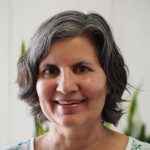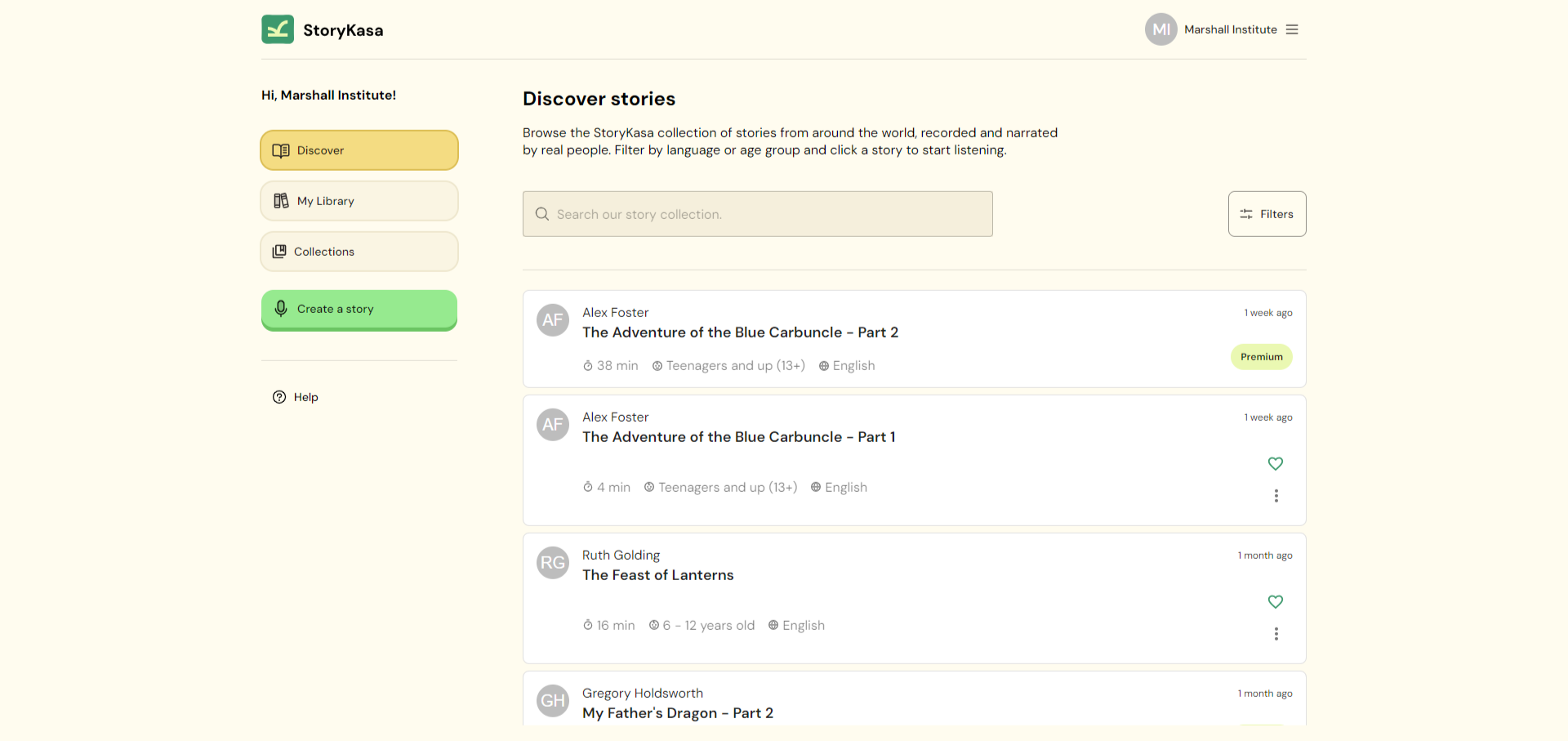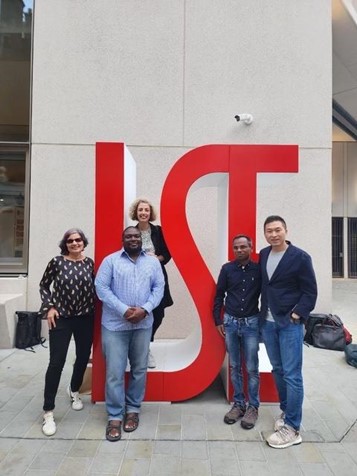 EMSBE alumna Rena Brar Prayaga shares the origin of her social business ‘StoryKasa’ – an online platform to promote literacy, creativity, and social connectedness, with a focus on low-income or underserved individuals, families, schools, and communities.
EMSBE alumna Rena Brar Prayaga shares the origin of her social business ‘StoryKasa’ – an online platform to promote literacy, creativity, and social connectedness, with a focus on low-income or underserved individuals, families, schools, and communities.
StoryKasa’s seeds were planted at LSE, nurtured by our EMBSE cohort of like-minded and impact-focused peers, and supported by expert faculty and mentors at the Marshall Institute. I came to LSE from a successful health tech startup where our programs and technology improved health outcomes for millions of people in the US. But I knew that our positive social impact was supported and encouraged by our leadership at the time, and this could change. I wanted to study how businesses could embed purpose over profit within their structure, and maintain social objectives while remaining financially sustainable. From the first day of classes, I was energized by the intellectual rigor and nuanced philosophical debate around social business frameworks, public benefit, and social impact. In November 2022 we were assigned to project teams to put our learnings into action by developing a proposal for social impact (our Altruistic Entrepreneur Project).

Our team grew close as we discussed and researched many different problems that spoke to each of us personally. We agreed to tackle inequality in access to education. Then, we systematically evaluated our project ideas to address education inequality and ended up with a proposal to use storytelling to narrow the word gap. Very quickly, we started developing the proposal into a prototype that could be tested. Thanks to the presence of a team member (Jeff Agbai) in Ghana, we were able to run a week-long pilot after obtaining LSE Research Ethics approval. It enabled families to call a local phone number with their children who could listen to stories over the phone. After testing this with over 100 children and many calling in more than once, it was clear that this simple prototype was providing real value. We took our project (named Anansesem) further and thought about our business structure, a sustainable revenue model, marketing, and pricing tiers. We presented our ideas within our final project in late June 2023 and the feedback was very positive.
And yet, was this a viable social business or just a good pilot?
July and August were months of deep reflection and honest conversations. While most of our team was excited about the idea and happy to be done with the AEP, I was keen to take it further. This decision came with a lot of trepidation: Was I ready to start a business? Would it be financially sustainable as a social business? Could I successfully transfer learnings from the EMSBE program into practice?
I formed StoryKasa as a benefit corporation in September 2023 with the purpose to promote literacy, creativity, and social connectedness, with a focus on low-income or underserved individuals, families, schools, and communities.

Soon after, I hired a software developer to develop the storytelling platform. I joined RevHub, an incubator supporting social entrepreneurs, and spent eight weeks refining my social business model canvas, conducting market research, doing user testing, and trying to find product-market fit. We also hired a marketing manager to help with our outreach. And we officially launched our audio storytelling platform, storykasa.com in early February 2024!
Every day, we work on different aspects of the business. For example, we recently improved the user experience by enhancing search, organizing stories into collections, and making it easier to record and share. We’re implementing a freemium model for individual consumers and an organizational model to reach underserved communities so we can stay true to our mission while building a sustainable business. We want to showcase and cherish stories shared across generations, cultures and languages while also empowering each of us to tell our own stories. And we are considering the most appropriate and ethical ways to use generative AI to scale, personalize, and optimize impact, understanding that AI innovations could be both an opportunity and a threat.

There are many days when my to-do list is overwhelming. But the journey of StoryKasa has also been very rewarding and meaningful in many ways. There are several important lessons I’ve learned since I started: Be humble, know your limits, and don’t be afraid to ask for help. Starting your own social enterprise is tough and you have to assemble a team of supporters to keep you going when you think you’re going crazy. I’ve leaned on family, friends, colleagues, and my LSE cohort (a special shout-out to my AEP teammates) who have helped in so many ways. I am also grateful for the talented and dedicated StoryKasa team members who I get to work with on a daily basis.
I’d like to end with a call to action from Raquel Pais, my AEP team member and friend, who asks all of us to “join this movement of using stories to bridge gaps, bring us closer together, spark creativity and inspire deeper connections.” StoryKasa is not just a social business venture; it is a testament to the power of collaboration, perseverance, and the desire to make a positive change in the world. Use our storytelling platform with your friends, family, and networks. Visit StoryKasa.com, create an account, explore the stories, and tell your own. And connect with us on Instagram, Facebook, LinkedIn, or (X).



